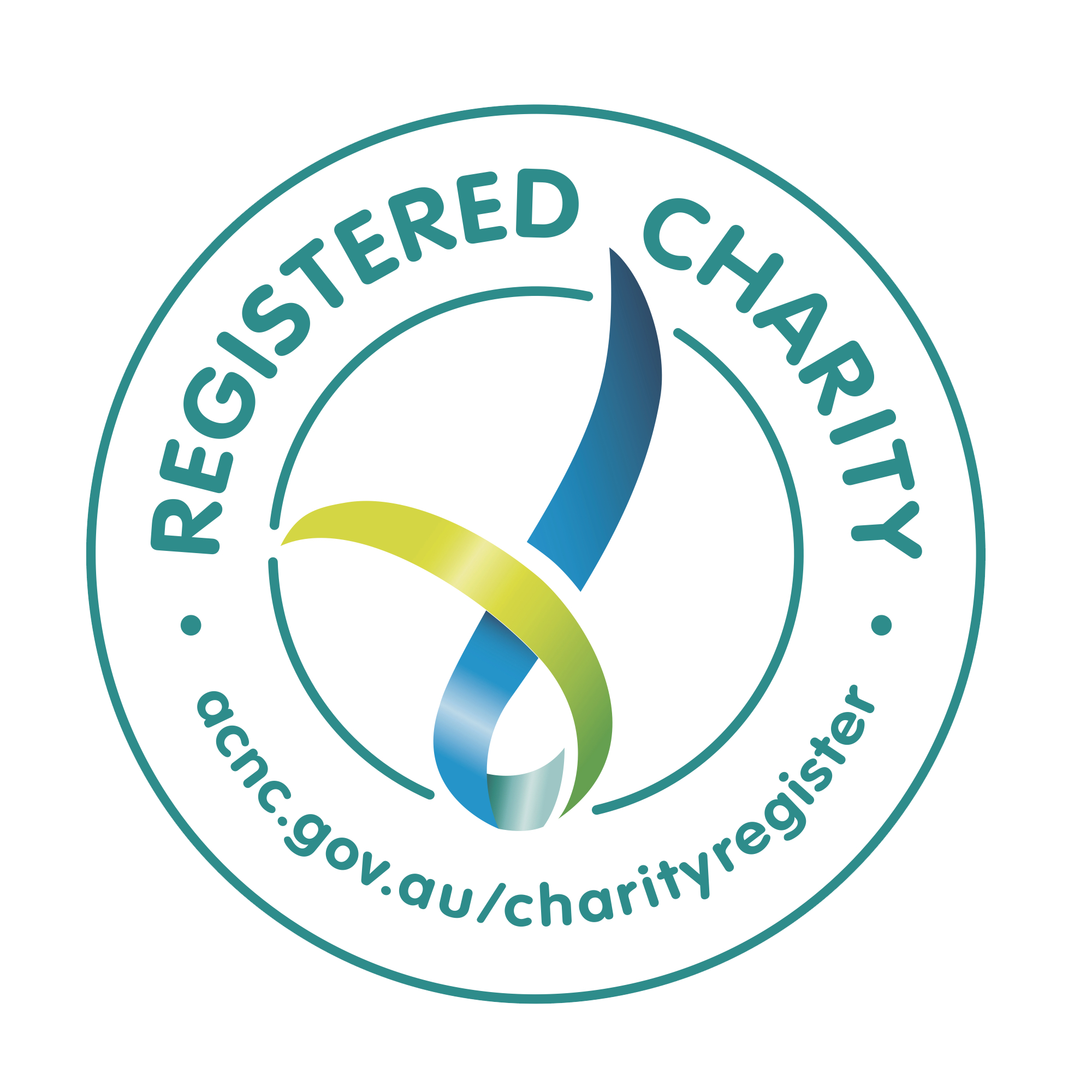“I believe that when you help people change their lives, you change as well. Being a part of this is wonderful.”
Why should I write my Will?
We advise you to visit a solicitor to have your Will professionally written. Alternatively, for straightforward estates, you may wish to consider the affordable online Will-writing services we recommend, if they suit your needs.
Always seek professional advice if you are unsure or have questions.


“If you're ever thinking about what the benefit is of Beyond Blue and what it can do is how it educates people. How it saves lives.”
Greg’s journey from despair to hope began with the Beyond Blue Support Service. Now, he’s dedicated to ensuring the same support is available for many more.
Does leaving a gift in my Will really make a difference?
They all serve equally in helping us plan for the future - ensuring we can provide life-changing support to people affected by anxiety, depression and suicide today while building an Australia where everyone can achieve their best possible mental health.


“It does give you a warm feeling that something that he really wanted is still happening and still lives on.”
Iain reflects with pride on the gift given to Beyond Blue by a beloved cousin – a legacy that will ensure help is always available to others living with anxiety.


Isn’t the process of writing a Will difficult and expensive?
Writing your Will is more simple, straightforward and secure than ever to do, with trusted online platforms like Willed and Gathered Here.

Your legacy journey with Beyond Blue
Our friendly and knowledgeable Gifts in Wills Lead, Fiona, loves talking to Beyond Blue supporters - about their life experiences, stories and wishes for the future.
It goes without saying that for most people, loved ones come first. But, if after that you have room for a lasting gift to Beyond Blue, too, please get in touch for a confidential conversation. We would love to say a special thank you.
- Phone: 03 9892 6985
- Email: giftsinwill@beyondblue.org.au
Alternatively, write to us at the address below:
Fiona, Gifts in Wills Lead
Beyond Blue
GPO Box 1883
Melbourne VIC 3001
"I knew there was going to be assistance and honesty there in the information that I read."
"I felt like I’d been believed for the first time... it was really refreshing to have that support from someone, especially an actual professional.
It was nice to finally feel like I wasn’t alone."
- Rachael, Beyond Blue Speaker
When people feel all alone this Christmas, your kindness today means Beyond Blue counsellors will be there 24/7, to listen and support when it matters most.







